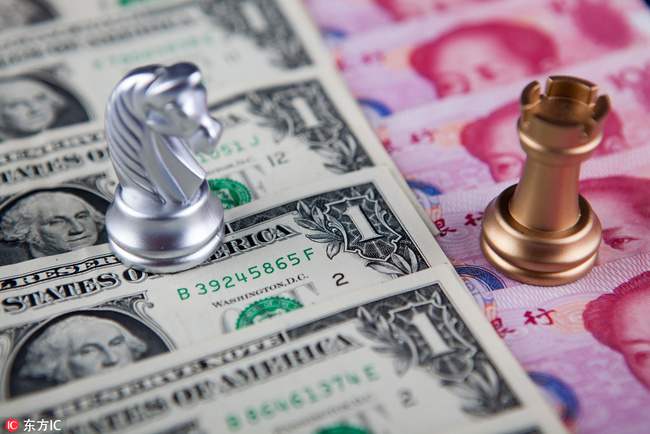
Yu Xiang, Senior Fellow, China Construction Bank Research Institute
Aug 30, 2017
President Donald Trump has ordered an investigation into China’s commercial practices. This could provoke a trade war that will benefit neither side. Economic realities should prompt the US to play a more circumspect game.
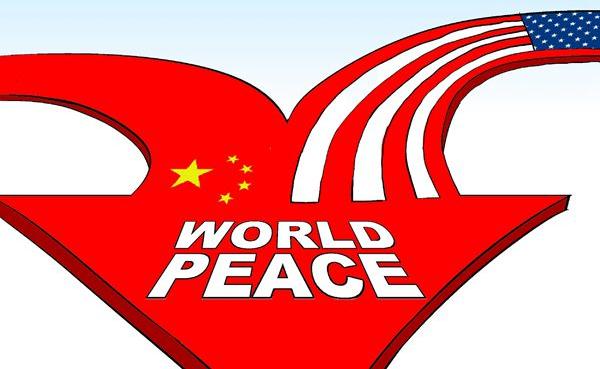
Wu Zurong, Research Fellow, China Foundation for Int'l Studies
Aug 30, 2017
President Trump’s upcoming state visit to China is a great opportunity to redefine the Sino-American relationship in light of changing realities.
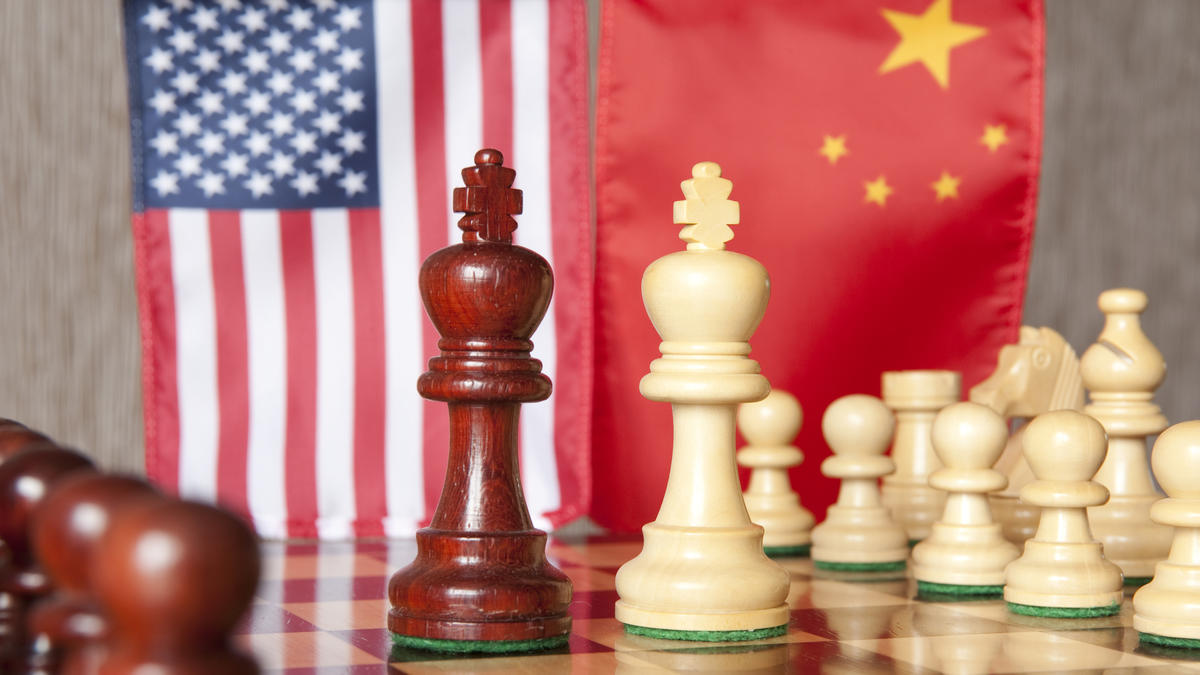
Cui Liru, Former President, China Institutes of Contemporary International Relations
Aug 29, 2017
Even as the US-China relationship goes through an inevitable crisis, there are grounds for cautious optimism.
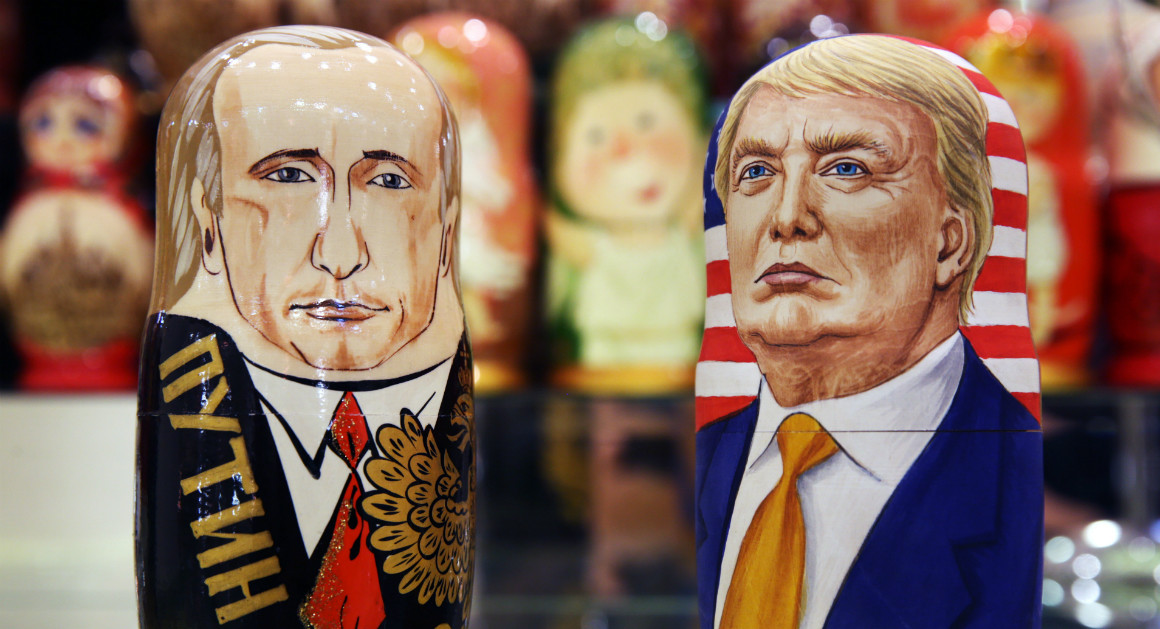
Zheng Yu, Professor, Chinese Academy of Social Sciences
Aug 28, 2017
Whatever Trump or Putin might want, US-Russia relations are set to deteriorate, as the forces pulling the two countries apart are stronger than those holding them together.
Aug 28, 2017
President Donald Trump's Chief Strategist, Steve Bannon, was fired on Friday, 18 August 2017. Bannon had been at odds with Trump in the lead up to his ouster, i
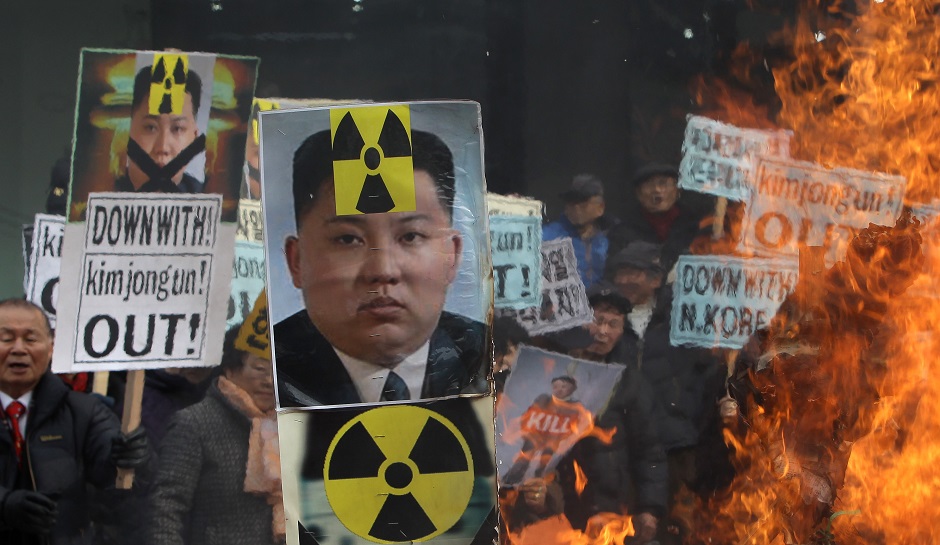
Zhao Suisheng, Professor, University of Denver’s Josef Korbel School
Aug 25, 2017
If China is to assert itself more in its region and further afield, will it undermine, or even replace the U.S.-led world order?
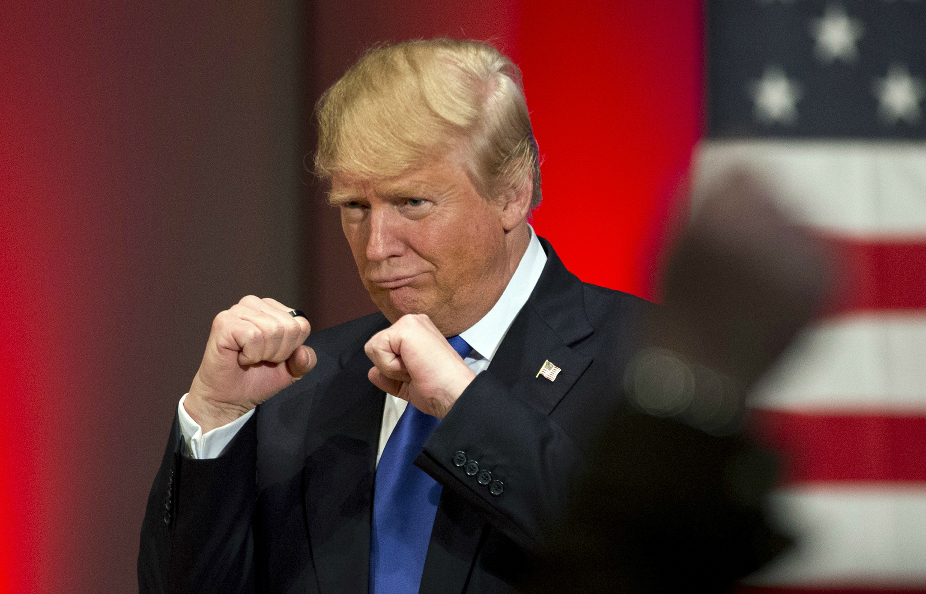
Zhang Zhixin, Research Professor of Institute of American Studies, CICIR
Aug 24, 2017
Donald Trump’s presidency has created convulsions in the American political landscape.
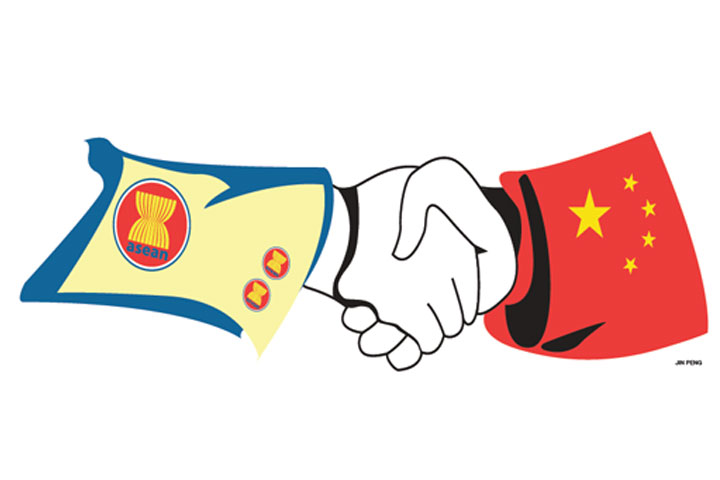
Richard Javad Heydarian, Professorial Chairholder in Geopolitics, Polytechnic University of the Philippines
Aug 22, 2017
Crucially, the ASEAN meeting underscored the “importance of non-militarization and self-restraint” for both claimant states as well as “all other states.” The ASEAN communiqué effectively echoed China’s line, since Beijing has opposed the Philippines’ arbitration award, shunned a “legally binding” COC, underplayed its reclamation activities in disputed waters, and called upon external powers such as the U.S. to stay out of the conflict.

He Yafei, Former Vice Minister of Foreign Affairs
Aug 21, 2017
The Post-America Era has arrived, but what does it mean? How will globalization, global governance, and the international balance of power be affected? Leading nations will emerge as America regresses, but the potential for peace and prosperity for all are at hand.
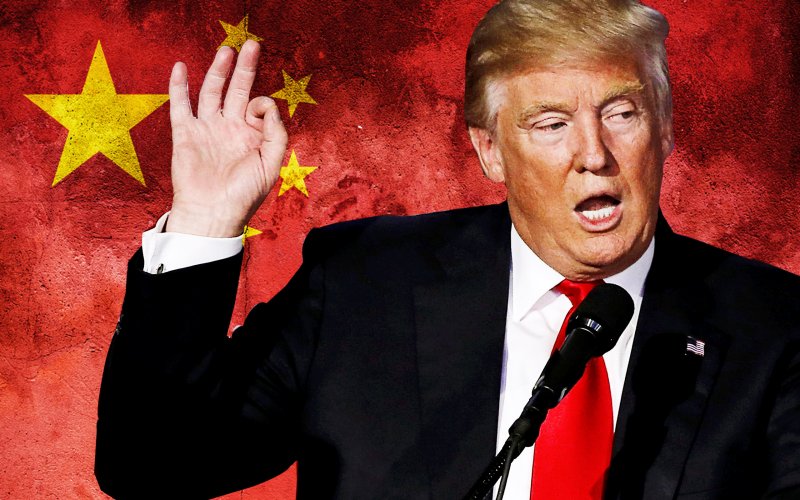
Jeffrey A. Bader, John C. Whitehead Senior Fellow, Brookings Institution
David Dollar, Senior Fellow – Foreign Policy, Global Economy and Development, John L. Thornton China Center, Brookings Institution
Ryan Hass, David M. Rubenstein Fellow, Brookings Institution
Aug 17, 2017
Until a strategy is set, there will continue to be confused and conflicting messages from different quarters of the United States government on China, disagreement and sloppiness on proper sequencing of actions, and limits to our ability to elicit Chinese cooperation, as Beijing hesitates to commit to U.S. initiatives because of uncertainty over the steadfastness and coherence of U.S. policy. As the administration charts next steps with China, it should widen the aperture of its focus.
Back to Top

- China-US Focus builds trust and understanding between the U.S. and China through open dialogue among thought leaders.
- Our Offerings
- Topics
- Videos
- Podcasts
- Columnists
- Research Reports
- Focus Digest
- Stay Connected
-
Thanks for signing up!
- Get the latest stories from China-US Focus weekly.